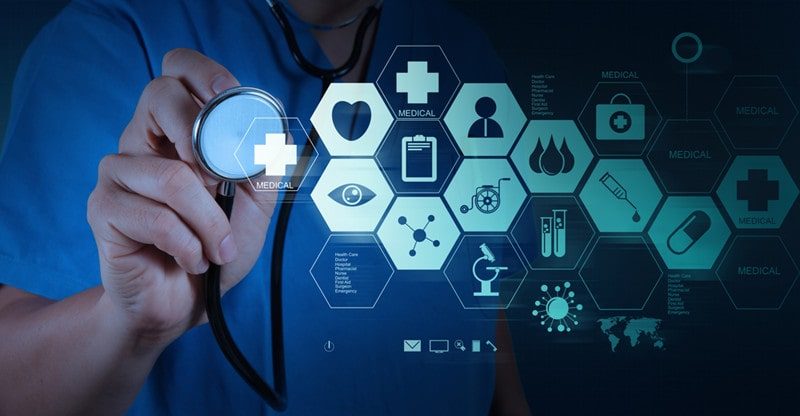How Technology Continues To Impact The Health Industry
The healthcare industry has benefited massively from technological developments for many years. It is considered the driving force behind evolution technologies and improvements in healthcare.
From research, treatments, data collection, and drug manufacturing, every sector relies on innovative tools and machines to practice medicine. It is an integral part of the healthcare set to revolutionize medical practices. This transformation has saved countless patients and improved the health and overall quality of people’s lives.
Here are the notable effects of technology in the health industry.
Better and safe treatment options
In the past, people used to rely on painkillers and other drugs to ease pain and suppress illness symptoms. Today, medical experts have found multiple ways of treating patients. Comprehensive research studies and information availability have led to a better understanding of common diseases, symptoms, and treatment options.
When you get sick, your doctor will recommend the safest and most reliable treatment option to help you recover faster. Technology has also helped inpatient data comparison, the study of risk factors, and suggestions of preventative treatments.
Accessible and improved care
Nothing devastates the world like an incurable disease. Heath analysts observed that accessibility to treatment had changed people’s perception about illnesses, and the public is better equipped and informed about staying healthy and making healthy lifestyle choices.
Nurses and doctors who are at the front line can now use computers to record essential patient data and share it regularly within their medical history. They can retrieve this information anytime they need it to help attend patients better. Lab tests, imaging, scans, and other ways of checking the human body are all vital in ensuring that a patient is well-diagnosed and gets the correct treatment. Healthcare professionals can also use an automated medication dispensing machine to ensure the proper medication is administered accurately, ensuring patient safety.
Lower health costs
The best thing about technology is that it reduces healthcare costs. People don’t need to worry about high medical costs as there are ways to save. Large hospitals have the tools and equipment required to handle large numbers of patients. Large-scale production of drugs also makes it easier for the public to access them from hospitals and pharmacies. Hospitals can also manage their employees and cut costs accordingly.
Easier access to medical information
Improved data collection efficiency means that vast online resources of patient history are available to scientists and researchers, who end up making medical breakthroughs. Electronic Health Records (EHRs) now replace the outdated paper records that were tedious to store and retrieve.
Nurses and technicians can input data into the central digitized system and retrieve it from anywhere. The intranet and internet make it convenient for health professionals to share this information faster, resulting in more efficient patient care.
Improved communication
Technology has improved communication in all ways. Today, nurses and doctors don’t have to move from one room to another to communicate. They can send relevant messages via emails on their computers. When a patient has been discharged, follow-up treatment plans are also done via emails, text messages, or even phone calls. Technology has made this much more manageable and cost-friendly.
Additionally, medical professionals, analysts, and researchers can create videos, webinars and use various online platforms like social media to communicate with the general public and other professionals. Teleconferencing has made it possible to communicate beyond geographic borders.



